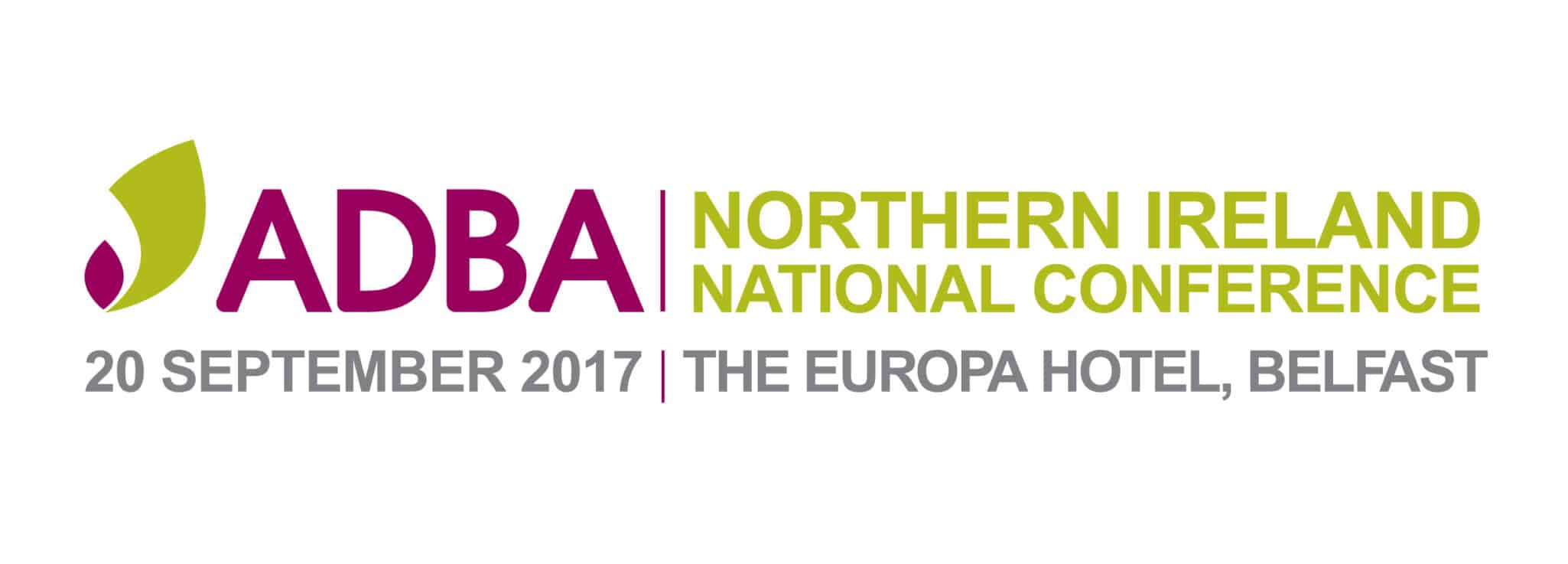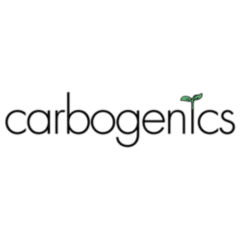After the success of their Anaerobic Digestion Workshop, Carbogenics are thrilled to announce they are…
The future for farm-scale AD in Northern Ireland
What is the future for farm-scale AD in Northern Ireland?
Chris Osborne, Senior Policy Officer at the Ulster Farmers' Union has written this insightful piece on the futre of on-farm AD in Northern Ireland as a precursor to his session at the ADBA Northern Ireland National Conference 2017 in Belfast.
The last 10 years has seen a rush to install Anaerobic Digesters in Northern Ireland, with 34 operational plants in Northern Ireland, ranging from 180kW to 3,000kW and 30 of these are classed as “farm-fed”. The attraction of AD to the farming sector was the contribution to fossil fuel, greenhouse gas emission reduction as well as the role that it plays in slurry management.
The UFU feels that the uptake in Northern Ireland could be greater with further significant potential yet to be realised, both technically and environmentally.
Uptake in Northern Ireland has not matched the initial interest in the concept. This interest was evident at the swathe of well-attended information events rolled out throughout the country from 2008 onwards. Hefty upfront capital costs as well grid connection issues meant that the majority of local farmers never progressed from their initial interests in AD, despite the benefits mentioned above. On-farm-scale AD focused on the capacity range 250-500kW.
During this time, the UFU, whilst continuing to support this scale of on-farm AD, continued to push for the development of micro-scale AD (50kW and below). Yet this micro-end of the AD market has never been developed nor made available to farmers. The economies of scale were stacked against those wanting to install micro-AD on their farms.
The UFU continue to push for a small-scale on-farm solution, a sub-50kW installation, utilising on-farm produced feedstocks including slurry. However, the micro-level AD solution will need to be affordable.
We have taken an alternative look as to how renewable energy could be used in the Northern Ireland countryside and in a way which renewable technology could be integrated into not only rural but the wider economy and AD continues to be one such renewable technology.
The UFU will be pressing for research and development not just into micro-scale on-farm AD installations, but also to consider how best to add value to both the gas and digestate generated by the plant.
The Republic of Ireland is looking at gas injection to the grid. This could be the focus of similar R&D here in Northern Ireland and research focusing on on-farm storage. This would improve the efficiency of on-farm AD plants and research could be conducted into how best to utilise the gas produced and ultimately stored for future use. Focus could be on cleaning the gas, with the possibility of biomethane being used as a biofuel. With government scrutiny on diesel-engine car, there is no better time to look at the role of alternative gas use.
In the future, the UFU envisage a situation where a tanker taking gas away to be upgraded and bottled and sold, generating additional revenue and a viable supply chain. This is a possible snap-shot of what on-farm-scale AD could look like in Northern Ireland in the future.





